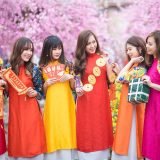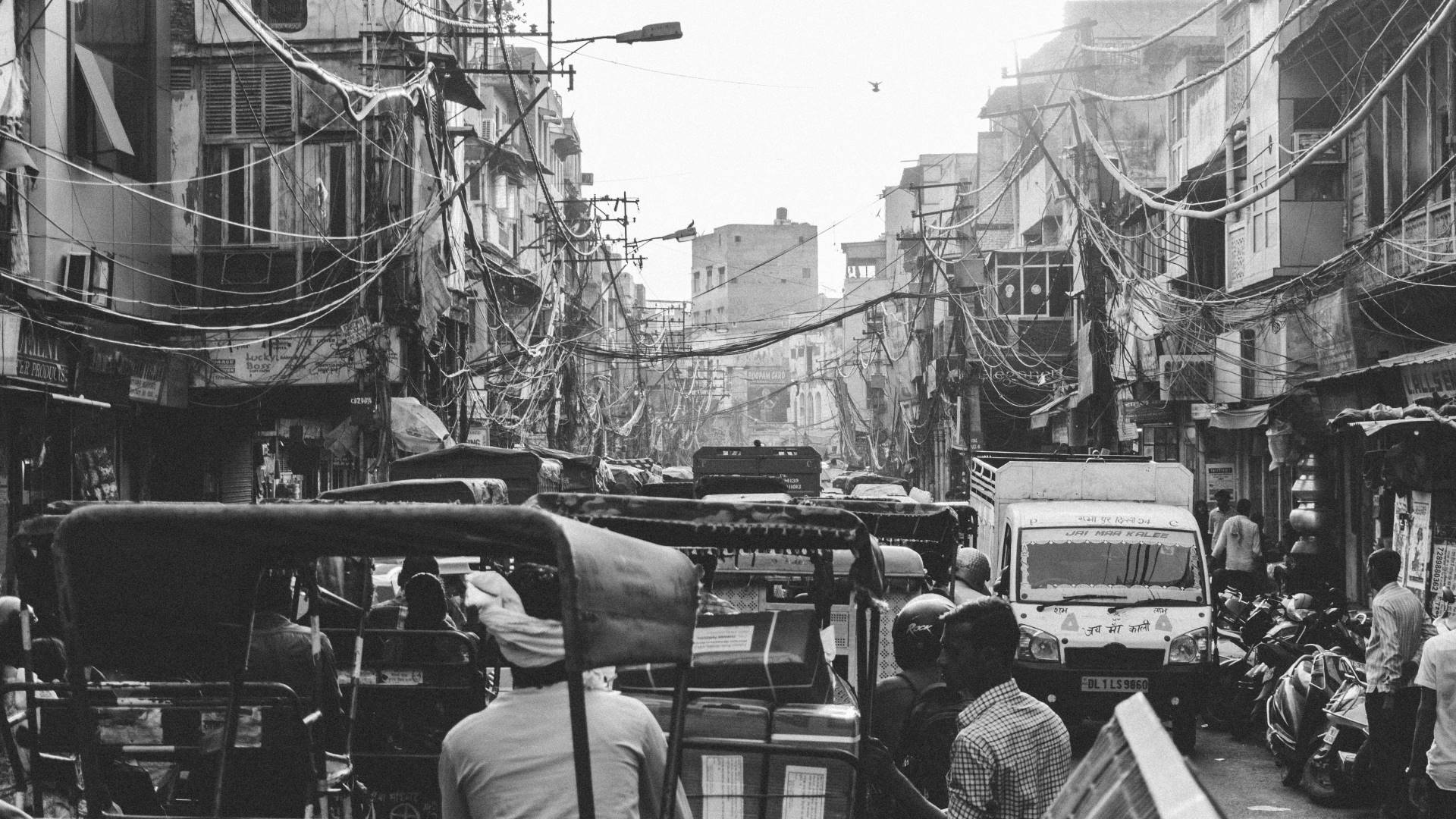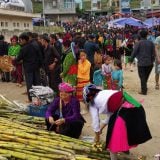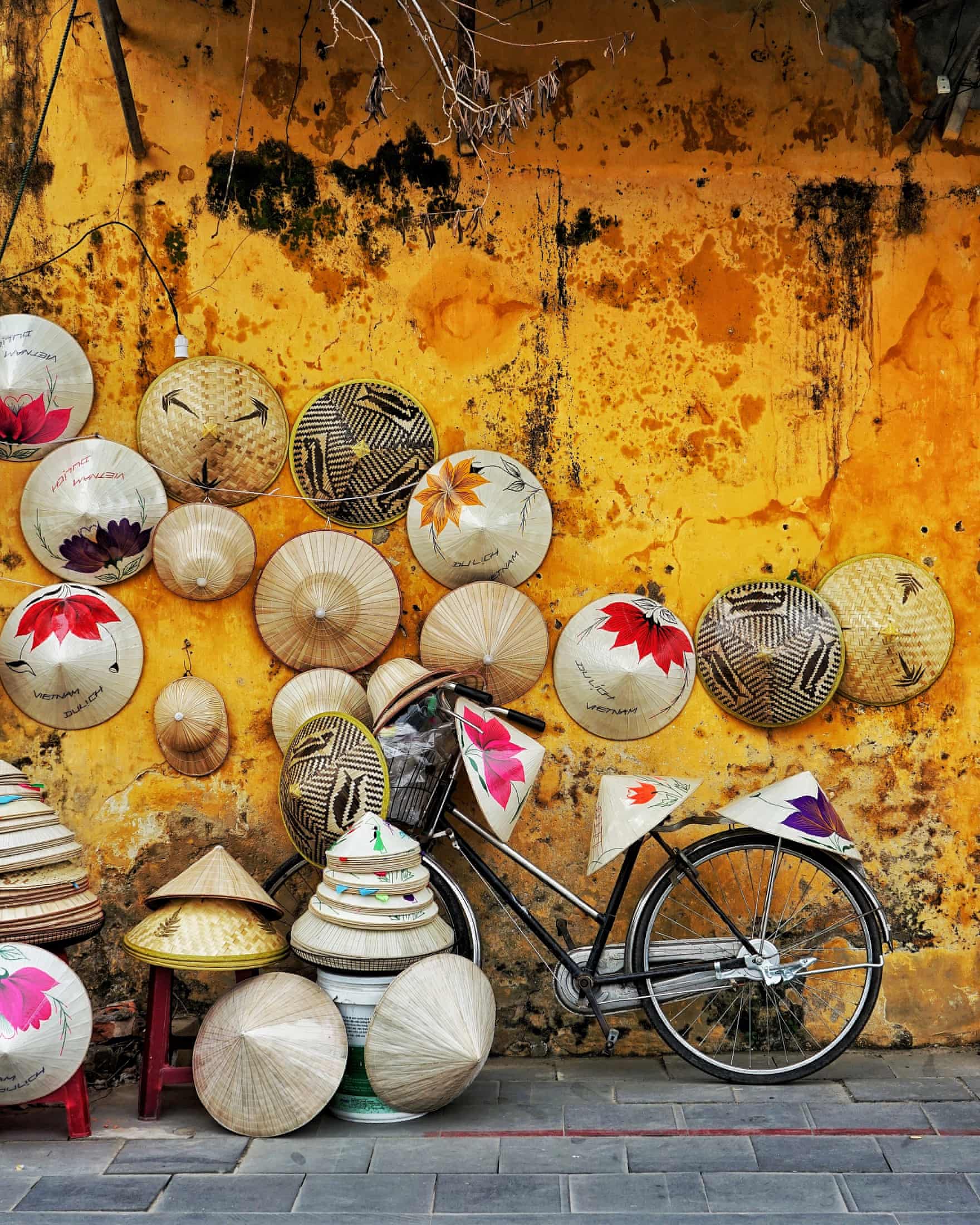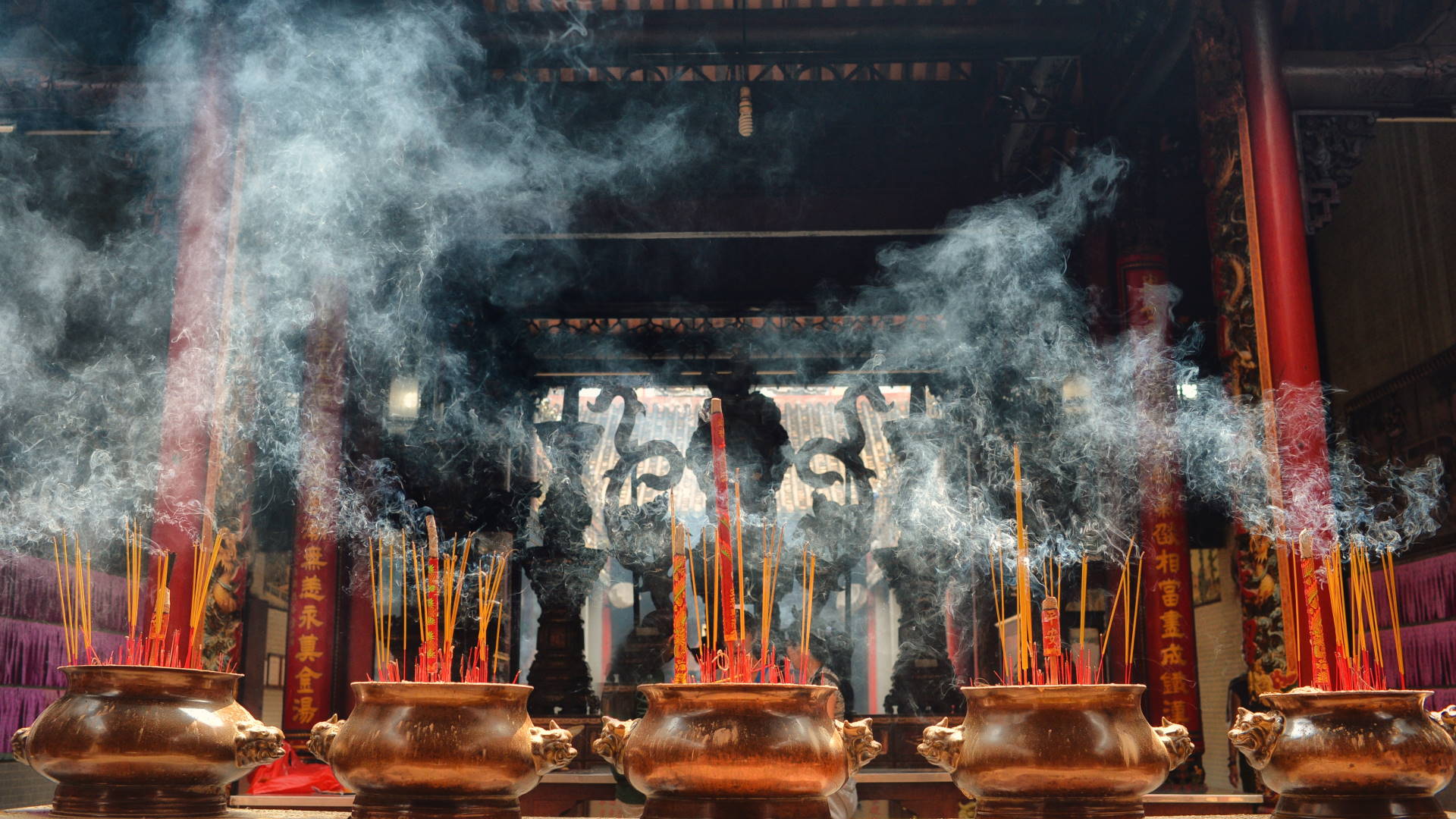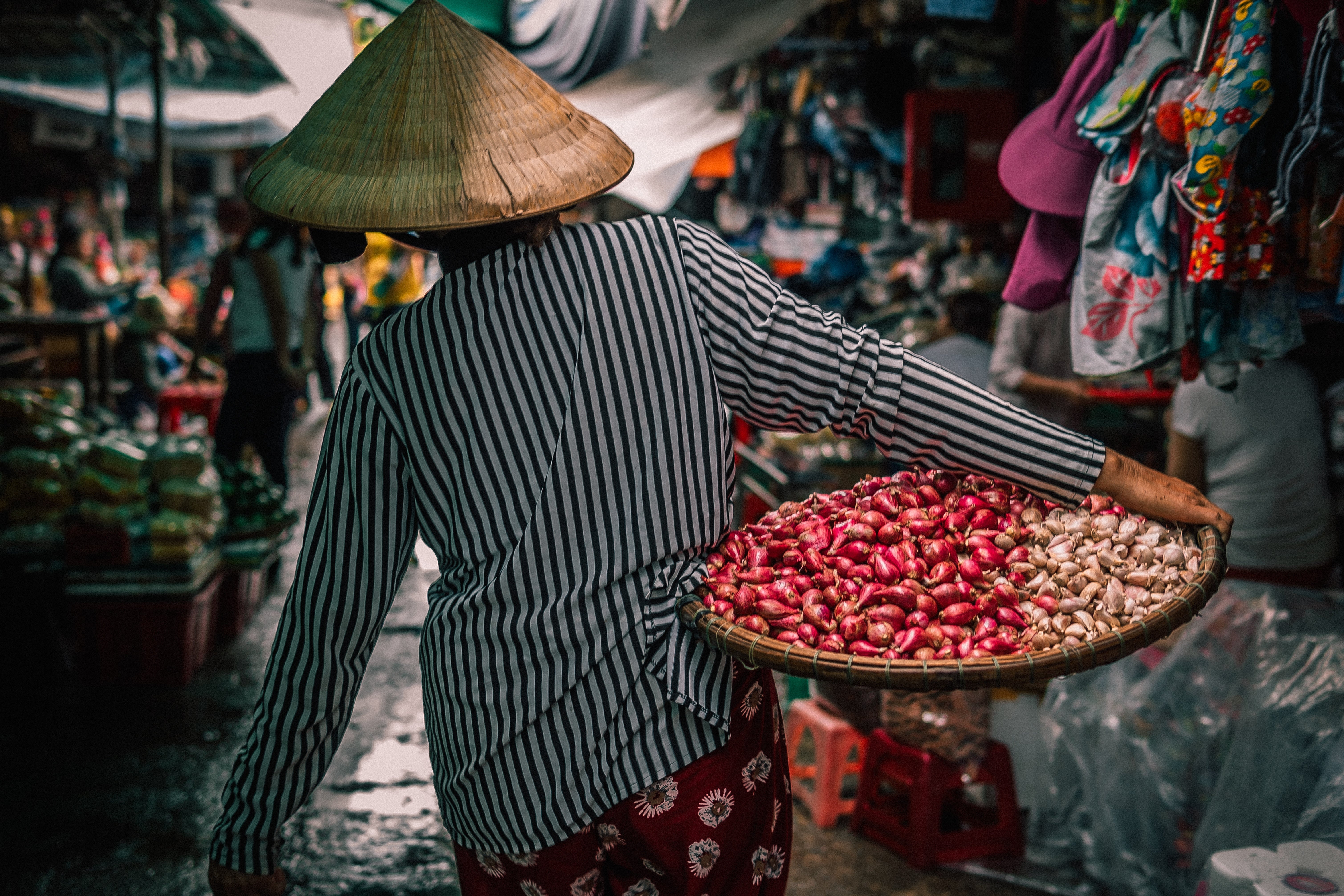
Useful tips to be safe when visiting markets in Vietnam
When it comes to Vietnam, visitors could not miss out local market tours, which brings you a big picture of the Vietnamese lifestyle and a great chance to have a vivid local food tour, such as Ben Thanh market (Saigon), Dong Xuan market (Hanoi) or Dong Ba market (Hue). Avoiding problems as much as possible will allow you to have a better experience in Vietnam, enjoy a real local atmosphere and be safe. Check out these following tips to be safe or at least minimize unexpected risks when you visit local markets in Vietnam.
- Take care of belongings

Source: Frida Aguilar Estrada
When you are walking in the markets, you should not carry purses and over the shoulder bags or wearing cameras, expensive items such as luxury sunglasses hung in your shirt. You are the targets to moped-borne snatch-thieves and pickpockets.
Remember to keep your bag in front of you, zip it up and especially keep your phone inside the bag. They may be stolen if you put your phone in the jackets and pants pockets. Besides, be cautious with whoever strangers “unfortunately” bump into you.
- Don’t hesitate to bargain
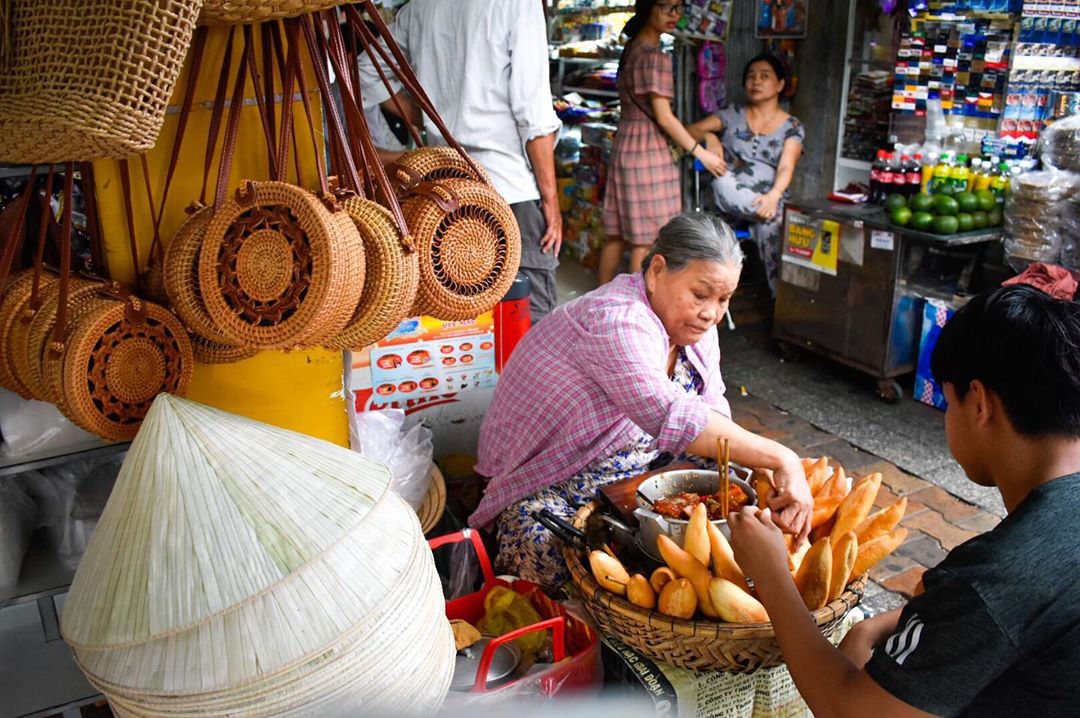
Local vendors may overcharge tourists to maximize their profits because some local Vietnamese consider foreigners wealthier and more willing to pay. The act of bargaining in Vietnam does not mean that you are disrespecting the sellers, so do not hesitate to bargain for a good deal. You should offer half or two-thirds of the price the sellers quote you. If they do not agree and you still want the items, you should increase your offer little by little or pretend to walk away and they may call you back and give you the price that you want.
In addition, you can ask the hotel staff for the price in the market or go with Vietnamese friends, who can bargain for you. You should go around the market to know the price first. It is okay to ask for the price before buying something.
Street vendors might offer you the chance to take a photo, but they may insist you buy something from them afterward. Be firm and polite or just walk away if you don’t want to buy anything. If you do, always remember to bargain.
- Be careful with the Vietnamese money bills
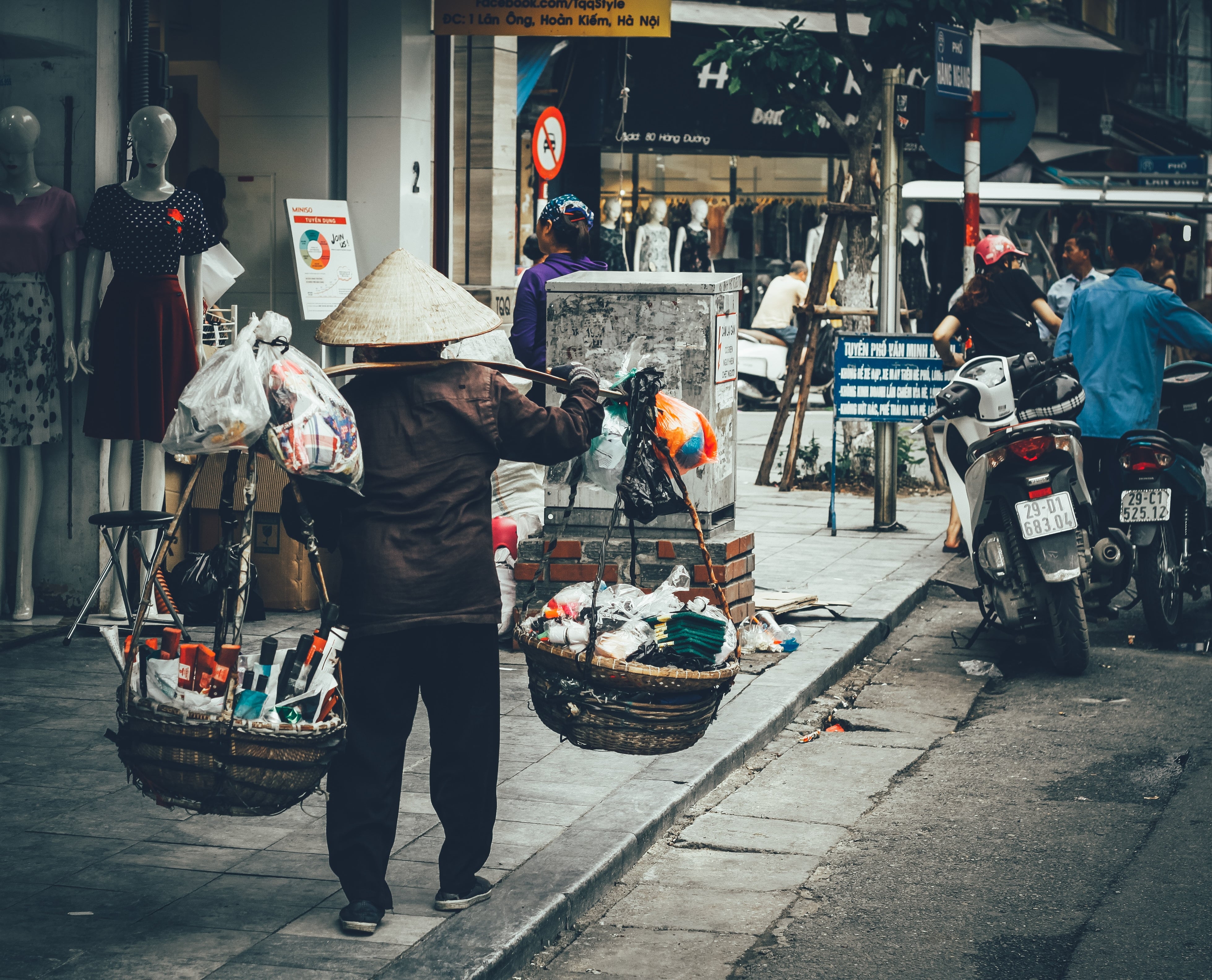
Source: Tran Phu
– The official Vietnamese currency is the dong (VND), but US dollars are also widely accepted in areas that receive a lot of tourists.
– Spending time to double check the currency rates and count your money carefully is a must to avoid being scammed. For example:
United States Dollar: 1 USD ≈ 23,000 VND
Australian Dollar: 1 AUD ≈ 17,000 VND
British Pound: 1 GBP ≈ 30,000
Euro: 1 EUR ≈ 26,000 VND
Canadian Dollar: 1 CAD ≈ 12,000 VND
Japanese Yen: 1 JPY ≈ 210 VND
Singaporean Dollar: 1 SGD ≈ 17,000 VND
Taiwanese Dollar: 1 TWD ≈ 750 VND
Hong Kong Dollar: 1 HKD ≈ 3,000 VND
Swiss Franc: 1 CHF ≈ 23,000 VND
New Zealand Dollars: 1 NZD ≈ 16,000 VND
Thai: 1 THB ≈ 700 VND
– When receiving change that contains bills similar to one another, don’t forget to count the zeros. For example, 10,000 dong bills look a lot like 100,000 dong bills and 20,000 dong bills (~$1 USD) looks a lot like 500,000 dong bills. You don’t wanna pay $25 USD for a Banh Mi or a coconut.
– “Five” or “5K” has the same meaning which is 5,000 dong. The “K” means a thousand.
– Avoid using high-denomination notes on street-side vendors as most of the time, they may not have enough change to pay back.
- Learn some Vietnamese phrases
The official language is Vietnamese. The local vendors may know a little bit English or a few different languages, but only for greeting phrases to draw your attention to their shops or money bargain phrases. Here are some quick Vietnamese phrases that come in handy when coming to Vietnam or the local markets here.
Hello = Xin Chao (Sin chow)
Thank you = Cam on (kahm uhn)
Sorry = Xin Loi (Sin Loy)
Goodbye = Tam Biet (Tarm Byeet)
No, Thank You! = Khong! Cam On (Khom, kahm uhn)
How much? = Bao nhieu? (Baow nyew)
Too expensive = Mac Qua (Mac wa)
Can you reduce the price? = Giam gia duoc khong? (zam za duoc khom)
Excuse me (to waitress) = Chi oi
Excuse me (to waiter) = Anh oi
The bill please = Tinh Tien (Din ting)
- Start with small snacks
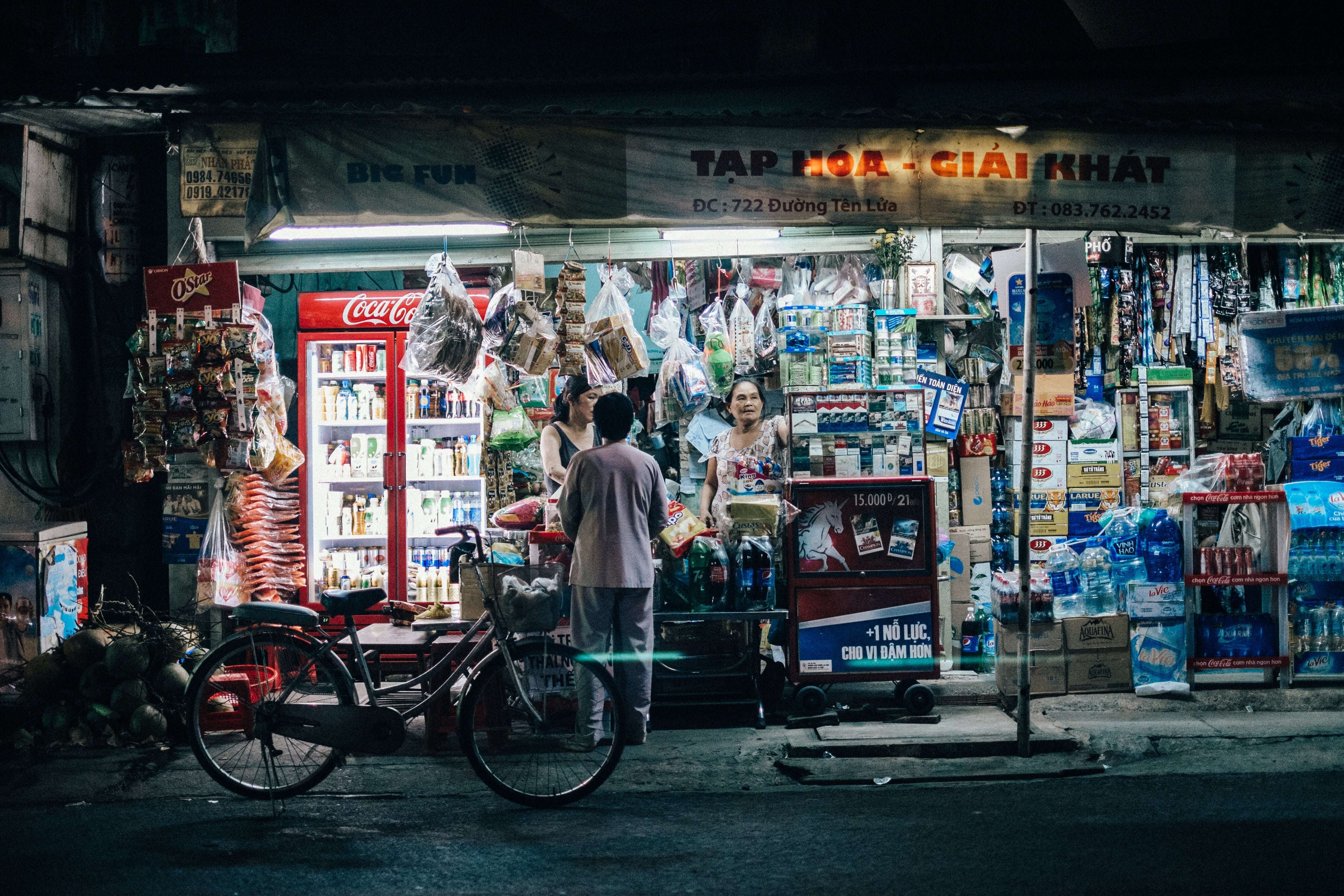
Souce: Hiep Nguyen
You will find a heaven of food in every market in Vietnam, but food safety is a big concern in Vietnam, especially street foods or in local markets. You should pay attention to how the vendors wash their utensils and whether the food cooked well. If not sure, you can start with the small snacks, then decide whether to buy a full meal.




